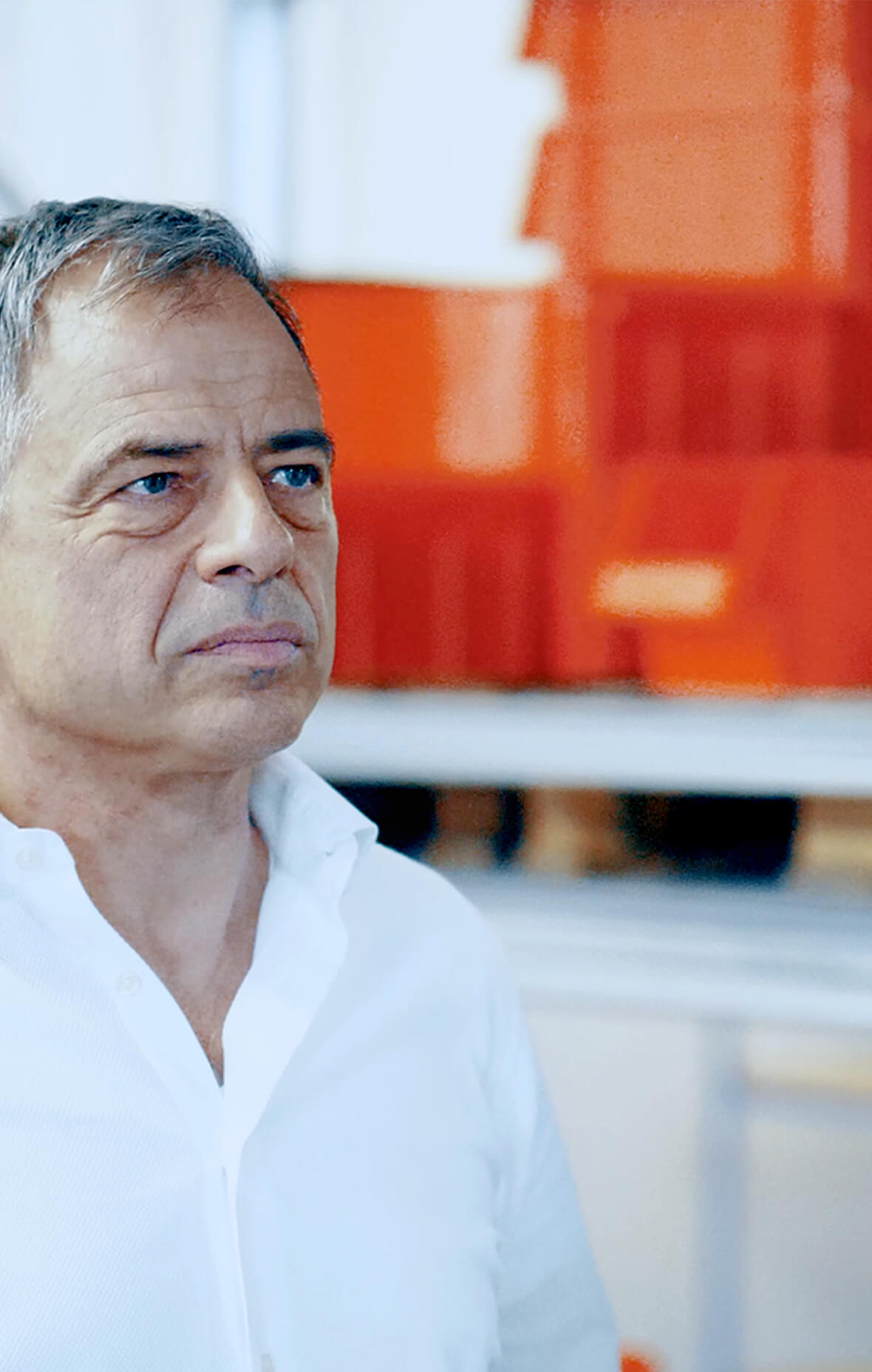Executive-level leadership requires a high degree of sensitivity. However, you are judged strictly by your results. As a successful leader, you master your management tools, possess profound expertise, and understand the psychological principles of leadership.
You aim for continuous development and are aware of the importance of your own persona.
In executive coaching, you reflect on your leadership work. We employ methods that provide you with deeper insights into your working style and personality.
You decide whether the focus is more on the challenges of your specific role or on your personality.







